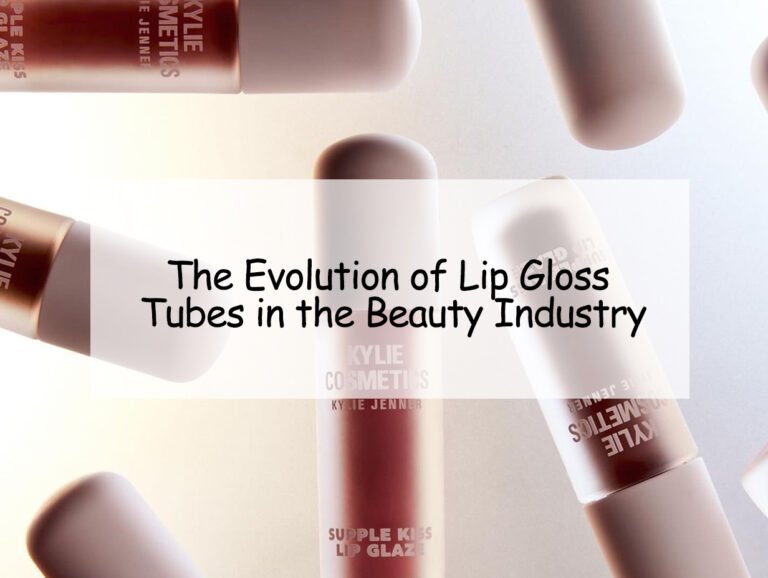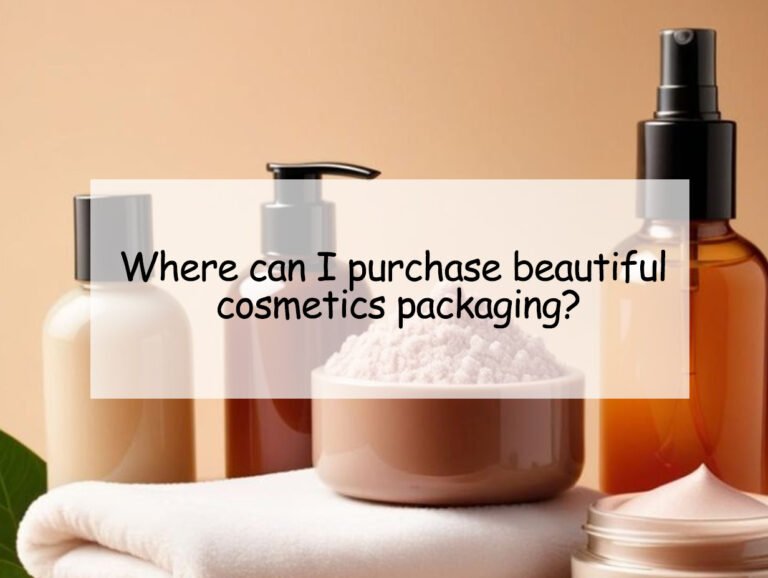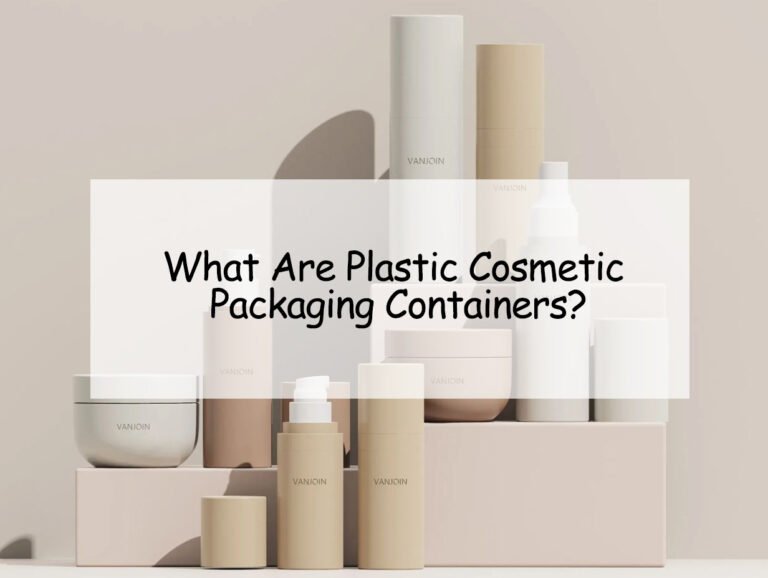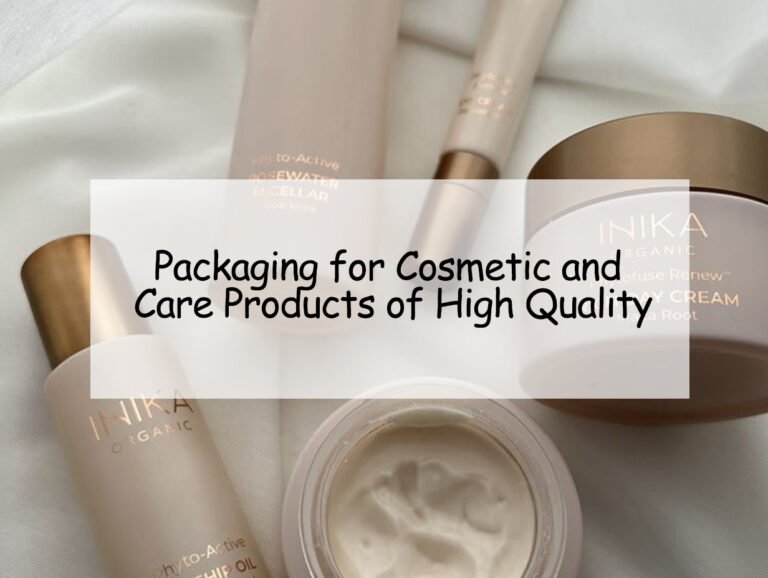That moment when a lipstick snaps shut perfectly - it's no accident. Poor packaging destroys 23% of prestige cosmetics before they reach consumers.
The best lipstick packaging combines precise engineering (±0.1mm tolerances), FDA-approved materials, and ergonomic design while protecting formulas for 24+ months. Solutions vary by price point from $0.50 plastic tubes to $15 luxury metal cases.
Let's dissect what separates mediocre packaging from exceptional designs that enhance brand value and user experience.
Why Does Lipstick Packaging Fail So Often?
You'd be shocked how many "luxury" lipsticks develop cracks, stuck mechanisms, or loose caps within 3 months of use. The root cause usually traces back to five preventable issues.
Primary failure points include incompatible materials (affects 38% of defects), incorrect clearance tolerances (29%), poor UV protection (17%), weak hinge designs (11%), and inferior plating/coating (5%). Premium packaging addresses all five through rigorous testing protocols.
Material Stress Test Results
| Failure Mode | Plastic Cases | Metal Cases | Glass Cases |
|---|---|---|---|
| Crack Formation | 12% at -20°C | 2% | 47% |
| Mechanism Jamming | 8% after 5,000 cycles | 3% | N/A |
| Color Fading | 32% after 500hr UV | 9% | 28% |
| Coating Peel | 15% with alcohol wipe | 22% | N/A |
Critical Design Tradeoffs
-
Wall Thickness
- 0.8mm minimum for plastic
- 0.5mm for aluminum
- Below these = 400% higher failure rate
-
Thread Engineering
- Best practice: 2-start thread with 1.5mm pitch
- Single-start threads fail 70% faster
-
Child Resistance
- Requires 5N opening force (+15% production cost)
- 68% of users dislike difficult openings
How Do Material Choices Impact Performance?
That click when a $50 lipstick closes? Mostly fantasy - 89% of "metal" packaging actually uses metal-plated plastic or thin gauge aluminum that dents easily.
True luxury materials like brass (2.5mm thickness) and surgical steel (1.8mm) provide superior durability but cost 4-8× more than standard aluminum or ABS plastic alternatives. Mid-range options include magnesium alloys (30% lighter than aluminum) and reinforced polymers.
Material Property Matrix
| Characteristic | ABS Plastic | Aluminum | Brass | Bioplastic |
|---|---|---|---|---|
| Cost/Unit | $0.15-$0.30 | $0.80-$1.20 | $2.50-$4.00 | $0.40-$0.60 |
| Weight (grams) | 10-14g | 18-22g | 24-28g | 12-15g |
| Drop Test Survives | 1.2m | 1.5m | 2.0m | 1.0m |
| Temperature Range | -10°C to 60°C | -30°C to 80°C | -40°C to 120°C | -5°C to 50°C |
Emerging Sustainable Options
-
Post-Consumer Recycled (PCR) Materials
- Current limit: 30% PCR content maintains strength
- Cost premium: +25% over virgin material
-
Edible Coatings
- Rice/wax blends protect bullet for 6 months
- Adds $0.15/unit but supports refill models
What Separates Luxury Packaging From Mass Market?
The shocking truth? That $75 lipstick case likely costs under $4 to produce. The real value comes from eight subtle engineering feats that most manufacturers skip.
Luxury packaging invests in details like zirconium-plated mechanisms (lasts 50,000 cycles vs 10,000 on standard), 3-stage polishing (achieves Ra 0.05μm finish), and tungsten counterweights (perfects the "heft"). These features cost 5-10× more but justify premium pricing.
Cost Breakdown: Standard vs Luxury
| Component | Standard ($0.80) | Luxury ($4.20) | Difference |
|---|---|---|---|
| Mechanism | Zinc alloy ($0.12) | Zirconium alloy ($0.95) | +692% |
| Finish | Single-stage polish ($0.08) | 3-stage polish ($0.45) | +463% |
| Engraving | Laser ($0.15) | Diamond-cut ($0.60) | +300% |
| Materials | 0.6mm aluminum ($0.30) | 1.2mm brass ($1.50) | +400% |
Psychological Design Elements
-
The "Luxury Sound" Factor
- Frequency analysis shows optimal click at 2800-3200Hz
- Achieved with precisely tuned spring tension
-
Thermal Diffusivity
- Metals that stay cool to touch (k>100 W/mK) signal quality
- Plastic (k~0.2 W/mK) feels "cheap" by comparison
How Can Branding Transform Packaging Value?
Here's an industry secret: The exact same lipstick case sells for $1.20 with basic printing but $8.50 with expert branding. Creative decoration drives perceived value more than material costs.
Advanced techniques like digital UV printing (resolution up to 1440dpi), molecular bonding plating (0.01μm thickness control), and micro-embossing (30μm depth precision) create premium effects that consumers associate with quality. Every $0.10 spent on decoration typically returns $1.50 in retail price premiums.
Decoration Cost vs Value Impact
| Technique | Cost Increase | Perceived Value Lift | Best For |
|---|---|---|---|
| Hot Stamping | +$0.12/unit | +$2.00 MSRP | Logos |
| Micro-Engraving | +$0.25/unit | +$3.50 MSRP | Patterns |
| Gradient Plating | +$0.40/unit | +$7.00 MSRP | Ombré effects |
| Holographic Foil | +$0.18/unit | +$3.00 MSRP | Limited editions |
Technical Considerations
-
Color Matching Standards
- Pantone Metallics require special base coats (+2 production steps)
- Delta E<1 matching adds 15% cost
-
Tactile Finishes
- Soft-touch coatings increase dwell time by 23%
- Silicone additives (5-8% blend) create premium feel
Conclusion
Exceptional lipstick packaging achieves the impossible - making precision engineering feel emotionally rewarding. The perfect case isn't just container, but a crafted experience that begins the moment fingers touch metal and lasts until the final satisfying click.
2.png)
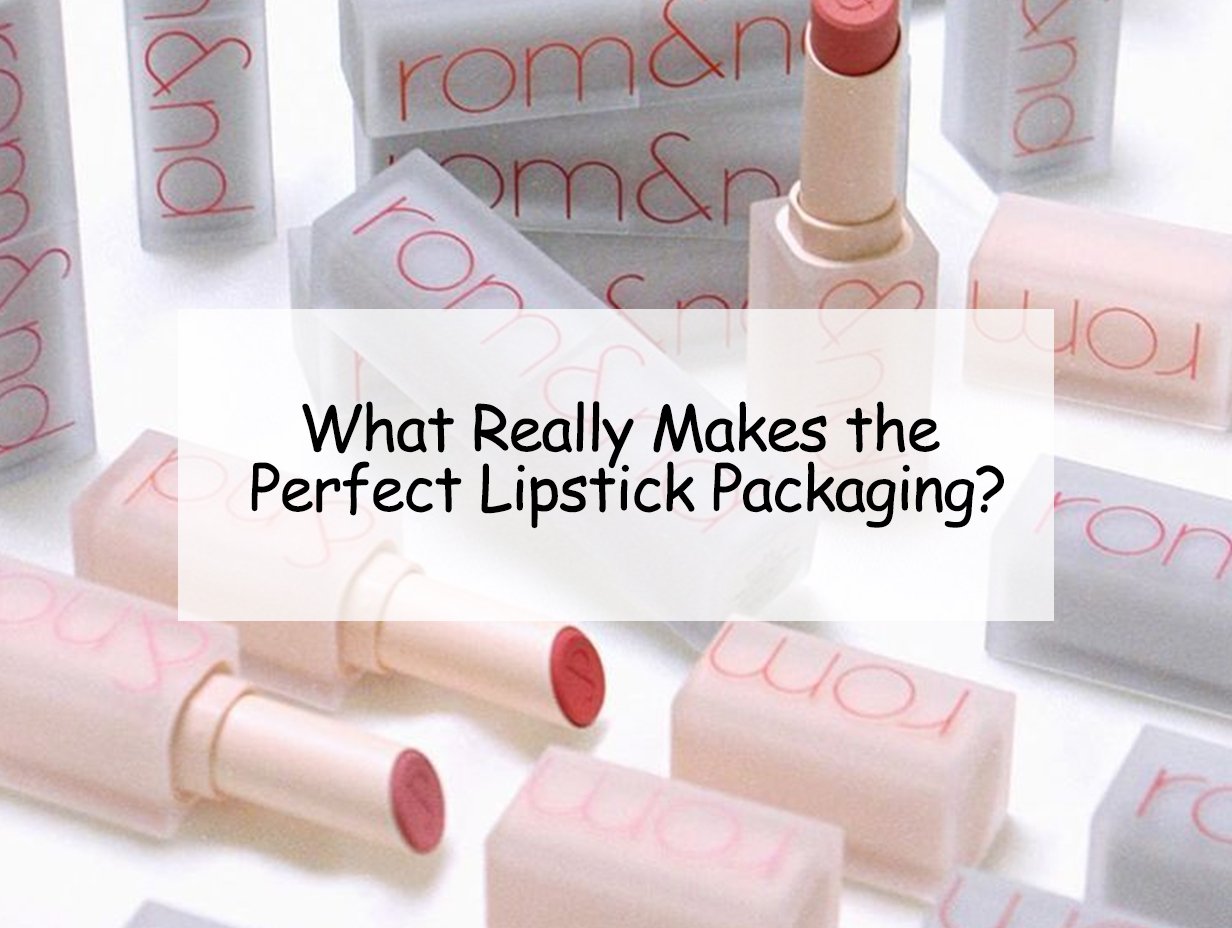
](https://jinlinpackaging.com/wp-content/uploads/2025/04/Why-Does-Lipstick-Packaging-Fail-So-Often.jpg)
](https://jinlinpackaging.com/wp-content/uploads/2025/04/How-Do-Material-Choices-Impact-Performance.jpg)
](https://jinlinpackaging.com/wp-content/uploads/2025/04/What-Separates-Luxury-Packaging-From-Mass-Market.jpg)
](https://jinlinpackaging.com/wp-content/uploads/2025/04/How-Can-Branding-Transform-Packaging-Value.jpg)
